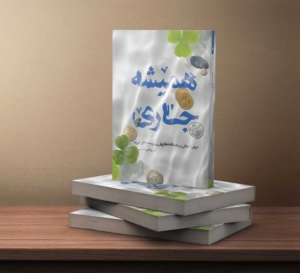- Subtitle: A brief review of the status of waqf and charity organizations
- Author: Nader Riahi Samani
- Publisher: Mehrestan
- First Edition 1000 Copies 86 pages
Abstract
Waqf (Islamic notion of public endowments) has for centuries been a leading institution in cultural, social, and economic landmarks of Iran and other countries. As a deeply-rooted religious tradition, waqf enjoys a special status in the Islamic culture. Social capital is a crucial element in the survival and growth of this valuable institution. Nevertheless, the outstanding developments of our time demand that the institution of waqf be adjusted and upgraded according to new realities and requirements.
Due to the increasing complexity of societal issues and the insufficient capacity of governments, as well as a growing desire for collective action and gaining identity through it, the tendency to get involved has paved the path for the growth of non-governmental organizations over the last two centuries. In different societies, charitable organizations as a type of NGO have been hailed and welcomed.
Many individuals interested in doing charity look for ways to be assured of the lasting of their charitable deeds without compromising their freedom of action. Choosing between waqf and establishing a charity organization require different requisites. Thus elaborating on any of the two options and their requirements as well as consequences can provide insight. In the present book, we sought to explain the two aforementioned options and propose a combined approach. We hope this is a step, however small, towards the enhancement of the field of philanthropy and charity.



